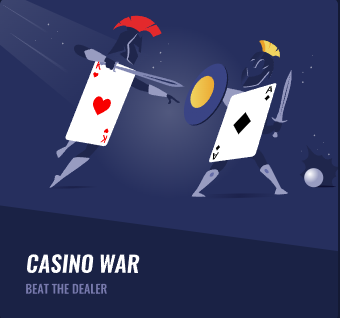Decentralized Gambling refers to gambling platforms and games that function without a centralized authority or operator, leveraging blockchain technology to achieve this. These platforms rely on smart contracts and distributed systems to manage and execute gambling operations. This approach contrasts with traditional gambling setups where centralized entities, like casinos or online gaming sites, oversee all activities. Decentralized gambling offers transparency, reduced trust dependence on a central authority, and can potentially lower operational fees.
Frequently Asked Questions (FAQs):
How does Decentralized Gambling work?
Answer: Decentralized gambling operates on a blockchain, which is a distributed ledger that records all transactions. Smart contracts – self-executing contracts with terms directly written into code – handle bet placement, results determination, and payouts. These contracts execute automatically, ensuring transparency and adherence to the set rules without an intermediary’s need.
What are the benefits of Decentralized Gambling?
Answer: Some advantages include:
-
- Transparency: The blockchain records are open for inspection, ensuring fairness and transparency.
- Reduced Costs: Eliminating intermediaries can lead to lower transaction fees.
- Security: Blockchains are inherently secure, making tampering difficult.
- Global Access: Without centralized restrictions, these platforms can be accessible from anywhere.
Is Decentralized Gambling more secure than traditional gambling?
Answer: While blockchain offers robust security, decentralized gambling’s overall safety also depends on the specific platform, the user’s practices, and the security of the underlying smart contracts. As always, it’s essential to use reputable platforms, keep private keys safe, and employ standard cybersecurity precautions.
Are Decentralized Gambling platforms provably fair?
Answer: Many decentralized gambling platforms market themselves as “provably fair”, allowing users to verify the randomness and fairness of game outcomes. This is made possible due to the transparent nature of the blockchain, where algorithms and results can be checked. However, always ensure to understand how the provably fair mechanism works on each platform.
What challenges does Decentralized Gambling face?
Answer: Some challenges include:
-
- Regulatory Issues: The legal landscape for decentralized gambling is still evolving.
- Network Congestion: Popular blockchains can face congestion, leading to slower transaction times.
- User Experience: Some platforms might not be as user-friendly as traditional online casinos.
- Smart Contract Vulnerabilities: If not correctly designed, smart contracts can have vulnerabilities.



